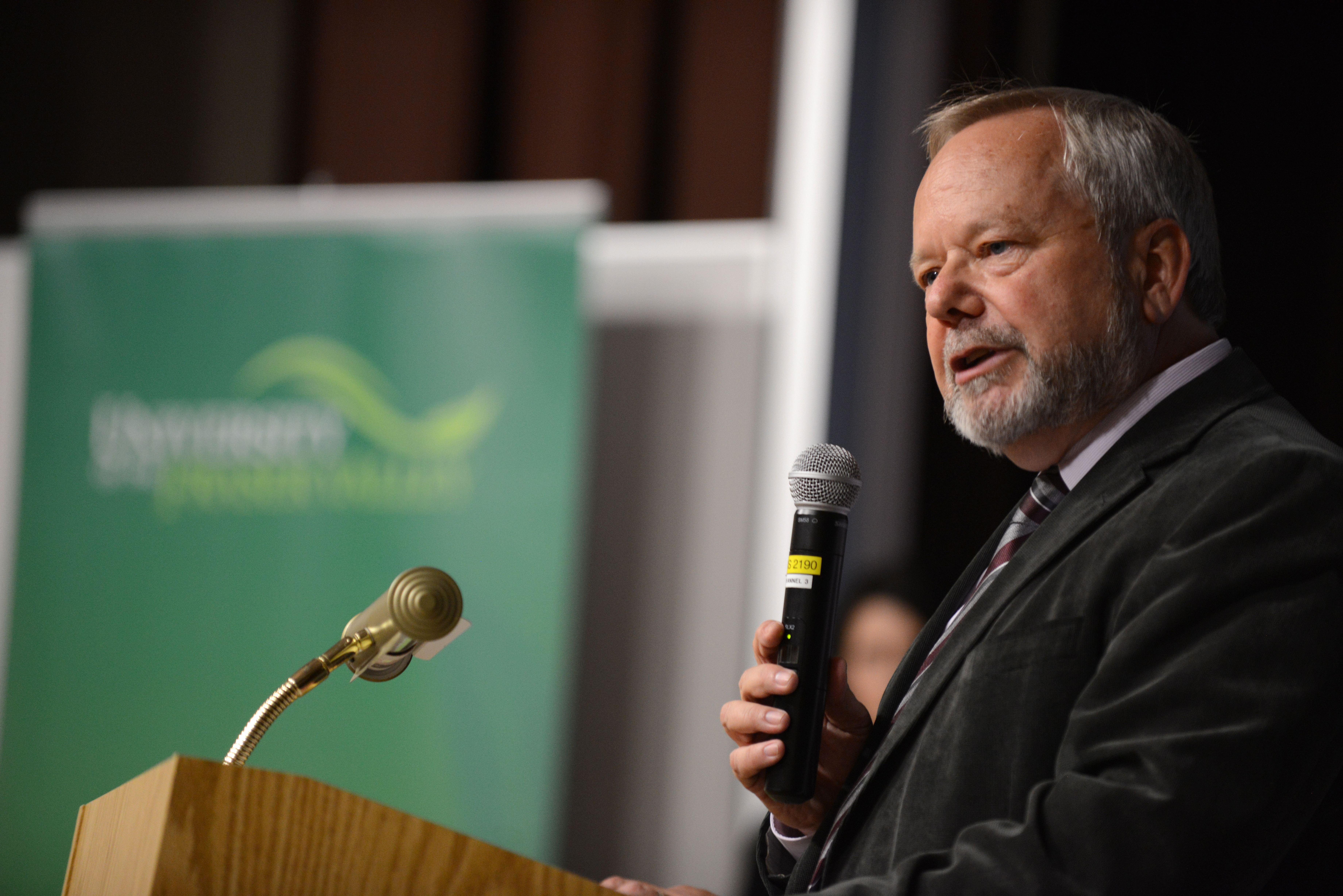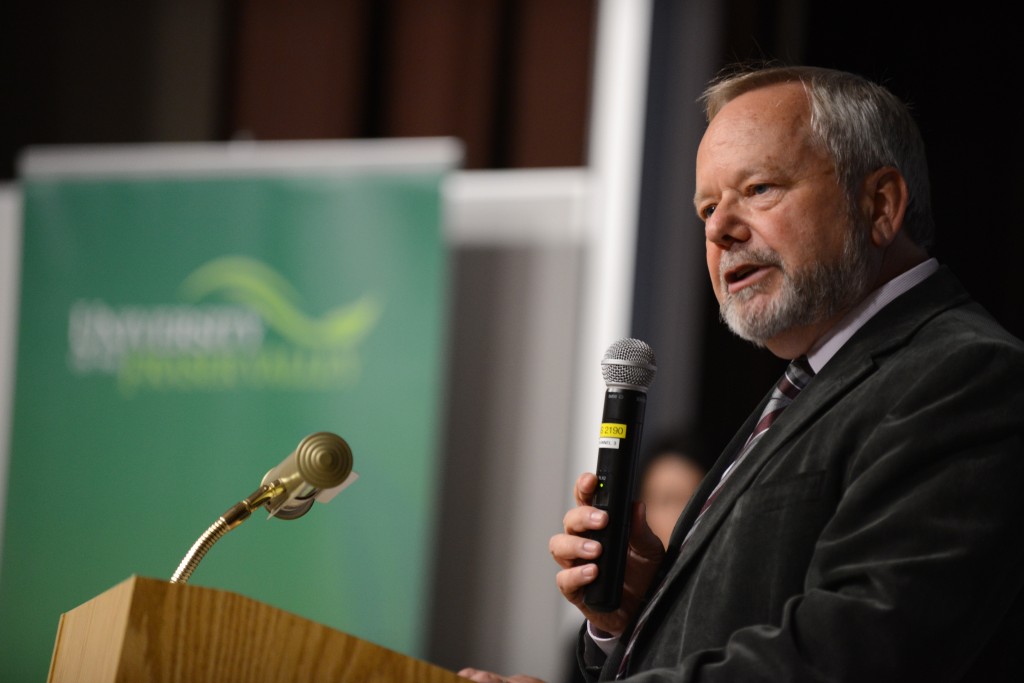By Sonja Klotz (The Cascade) – Email
During a major trip to China just before the semester break, UFV president Mark Evered and manager of international marketing Betty Wang, on behalf of UFV, entered into new memoranda of understanding (MOU) with five universities: Southwest University, Dongbei University of Finance and Economics, Liaoning University, Xi’an Fanyi University, and Tsinghua University. An MOU is primarily a verbal agreement that occurs between both parties before a contractual agreement.
UFV’s oldest partnership is with Xi’an Fanyi University. The main goal with this partnership “is to work with social work, bringing students from [Xi’an] over into social work studies,” says David McGuire, executive director of UFV International. The other universities are recent partners, with some of the negotiations of the contracts still under development.
What makes these partnerships in China different for UFV is the reciprocal nature of these agreements; included in the MOUs are a number of potential opportunities for Canadian students to study abroad, particularly at Southwest University, which has promised three full scholarships.
“A lot of people don’t realize the number of scholarships available for Canadian students wishing to go abroad,” McGuire says. “And with the global economy these days, even smaller businesses are dealing with large countries like India and China.”
Another aspect of these partnerships that differs from some of UFV’s regular exchange programs with China is that the goals that come out of these agreements are not solely based on recruitment, unlike some of the previous exchange partnerships.
“Many of our current binding partnerships with Chinese universities are what we call ‘articulation agreements,’” McGuire says. “So they are in many cases a recruitment tool. We get students from China to come over and transfer into some of the upper years at UFV.”
In contrast, these four developing partnerships are based on expanding students’ global understanding of the economy and social structures for not only Chinese students, but also for Canadian UFV students.
Given China’s sociopolitical context, UFV is aware of some of the human rights violations that have taken place in the country. China’s universities are not free of censorship — for example, the exclusion of Tibet from history and language studies. But McGuire sees these partnerships as a chance for UFV to improve, in its own way, the kind of education Chinese students receive.
“Particularly with the Xi’an Fanyi University agreement, we’re doing some really good work there that should have an effect on the young Chinese population, the university as a whole, and the region,” McGuire says. “Social work is something that is not nearly as prevalent in China as it is in Canada. There is certainly a positive there in terms of what UFV is doing to help.”



